The age of competition among robotaxis has started. Shortly after Uber and Lucid announced their cooperation linking the rideshare and electric vehicle industries, Lyft stated its intent to expand its autonomous robotaxi service, partnering with Holon and its Urban shuttle through Benteler Mobility. Lyft’s dedication to a human-centered approach, intended to create a hybrid rideshare system, is part of this project, just like Tesla’s Austin robotaxi expansion.
Often referred to as the substitute for Uber in the ride-sharing industry in 2025, Lyft is well-known for the pink moustaches its drivers would adorn their vehicles with years ago. Although since its start in 2012, Lyft has relied on human drivers and conventional vehicles, it has aspired to an autonomous fleet since December 2020, just after the company went public in 2019.
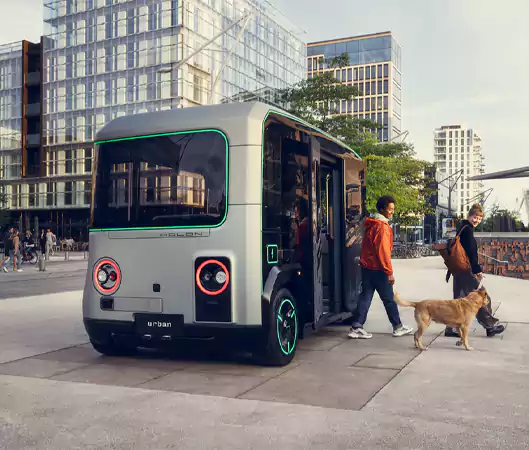
Although Lyft had previously partnered with several companies, including GM, Ford, and Magna International, in April 2021, it relocated its robotaxi development to Toyota under Woven Planet Holdings, now known as Woven by Toyota. Lyft kept going only as a rideshare company, depending on human drivers, following this change until the news of its alliance with Holon and Benteler came.
Holon was first a division of Benteler Group until 2022, when it was spun off as an independent brand focused on robotaxi transportation and started designing the Urban, a Benteler autonomous shuttle made by Pininfarina. Holon has set up a presence in the United States with a regional headquarters based in Auburn Hills, Michigan, and a manufacturing facility presently under development in Jacksonville, Florida, set to be up by 2026, even though its main focus is the German market.
Among other commercial activities, Benteler Group is separated into several brands covering automotive components, automotive modules, including chassis and engines, and steel tube manufacture. It has been a covert supporter of several car companies as a partner for 150 years now.
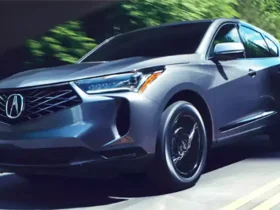
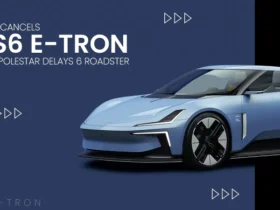
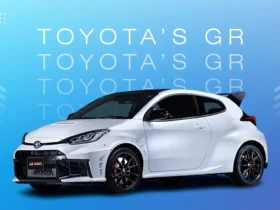
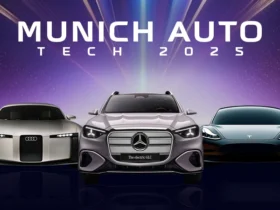
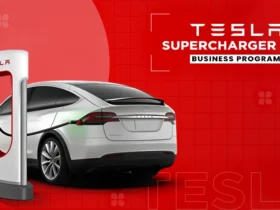
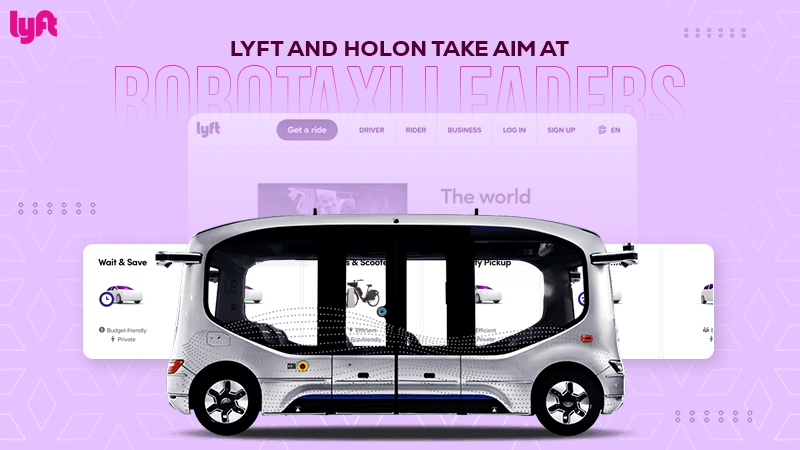
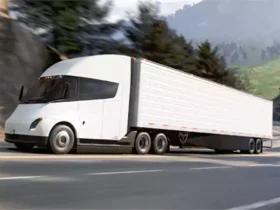
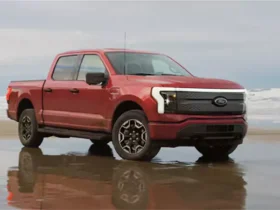
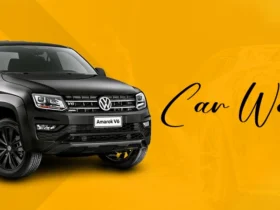
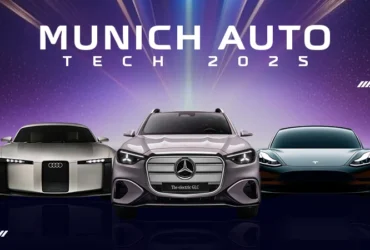
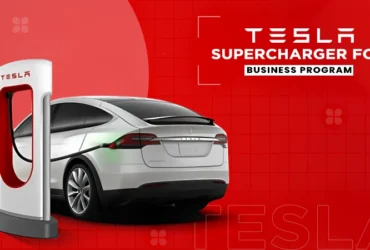
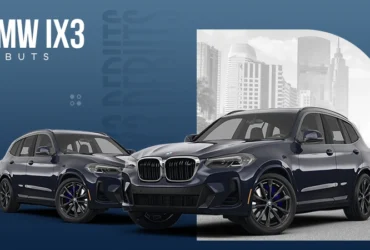

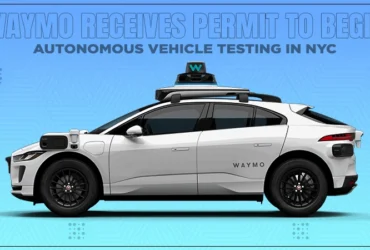
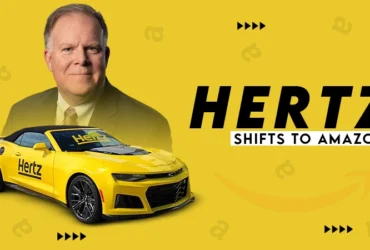
Leave a Reply